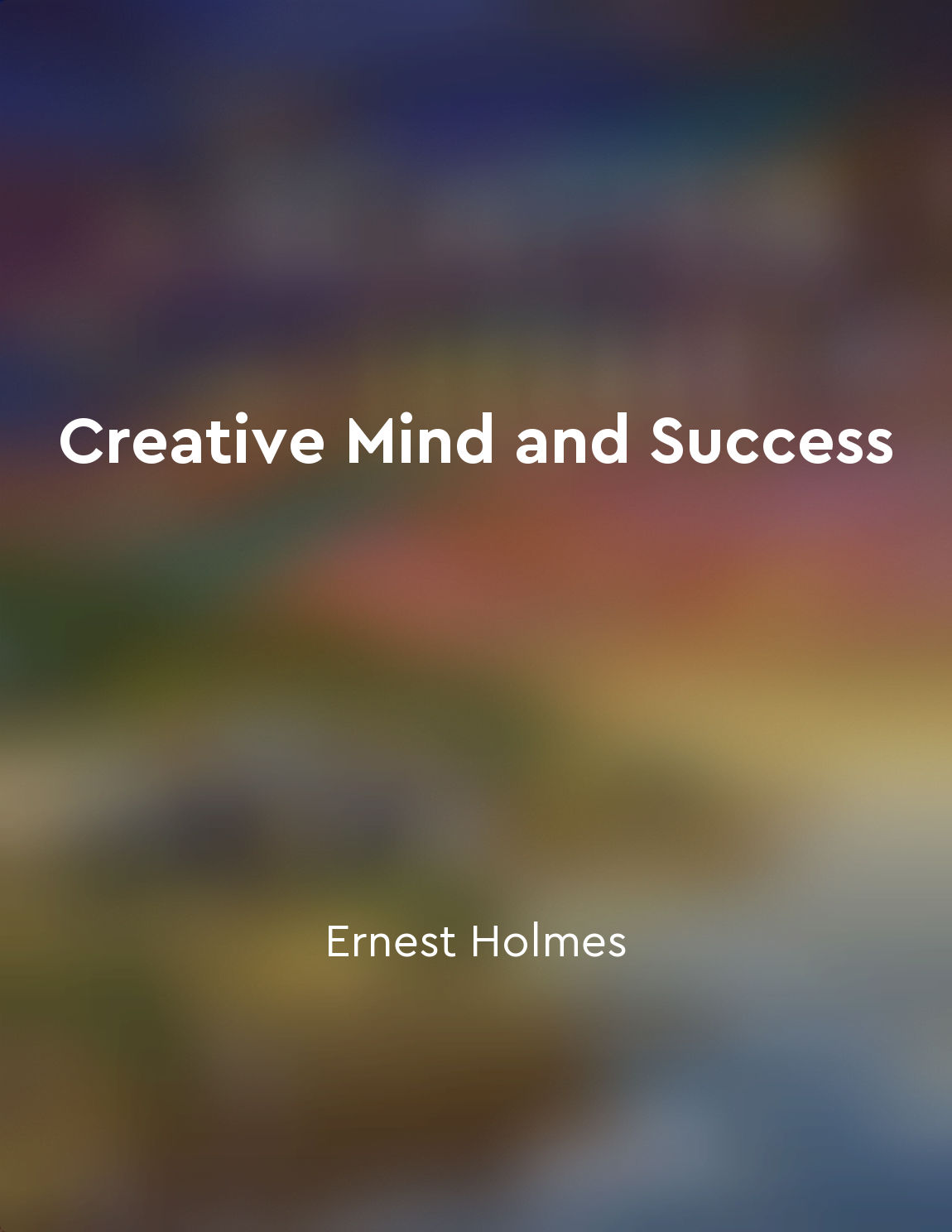Audio available in app
Strive for inner peace from "summary" of Meditations by Marcus Aurelius
Consider the tranquility that can be found within oneself. In the midst of external chaos and turmoil, it is paramount to cultivate a sense of inner peace that remains unwavering. This internal state of calm serves as a shield against the uncertainties and challenges that life may present. By focusing on one's own mind and spirit, one can discover a profound sense of serenity that transcends any external circumstance. It is inevitable that the world around us will be filled with distractions and disturbances that threaten to disrupt our inner equilibrium. However, by turning our attention inward, we can find a sanctuary of stillness that is not dependent on external factors. This inner peace is not passive resignation, but an active choice to center oneself amidst the storm. To strive for inner peace is to engage in a constant process of self-awareness and self-regulation. It requires a deep understanding of one's own thoughts and emotions, as well as the ability to control them with wisdom and discernment. By practicing mindfulness and introspection, one can cultivate a sense of inner harmony that is impervious to external influences. In the pursuit of inner peace, it is essential to let go of attachments and desires that only serve to disturb the mind. By releasing the grip of material possessions and ephemeral pleasures, one can free oneself from the cycle of craving and dissatisfaction. True peace comes from within, not from external sources of validation or gratification.- The quest for inner peace is a journey of self-discovery and self-mastery. It requires a willingness to confront one's fears and insecurities, as well as a commitment to cultivate virtues such as patience, compassion, and resilience. By embracing the inherent impermanence of life and accepting things as they are, one can find a deep sense of peace that transcends circumstances.
Similar Posts
Buddha's teachings are not about following blindly but about questioning and finding answers within ourselves
The teachings of Buddha are not meant to be blindly followed. They are not commandments that one must unquestioningly obey. Ins...
Accepting ourselves as we are is a key step towards healing
To heal, we must start by accepting ourselves exactly as we are. This may seem counterintuitive, especially when we are surroun...

Compassion towards others fosters connection
Compassion is a powerful force that has the ability to connect us with others on a deep level. When we show compassion towards ...
Live in accordance with your true nature
It is essential to align ourselves with our true nature. When we understand who we are at the core of our being, we can live in...

Develop a mindfulness practice
Mindfulness is a practice that involves being fully present in the moment, without judgment or attachment to thoughts or emotio...
Trust in your own inner wisdom
When we talk about trust in our own inner wisdom, we are really talking about trusting ourselves. This may sound simple, but it...

The mind shapes reality
The creative mind is a powerful force that shapes the reality we experience. It is not a passive observer, but an active partic...
Connection with others is essential for joy
As humans, we are social beings, wired to connect with others. Our relationships with friends, family, and even strangers play ...

Embrace your flaws and imperfections
In a world that constantly bombards us with images of perfection, it can be easy to fall into the trap of trying to hide our fl...
Embrace challenges as opportunities for growth
The Bhagavad Gita teaches us to see challenges as opportunities for growth. Every challenge we face in life is an opportunity f...

